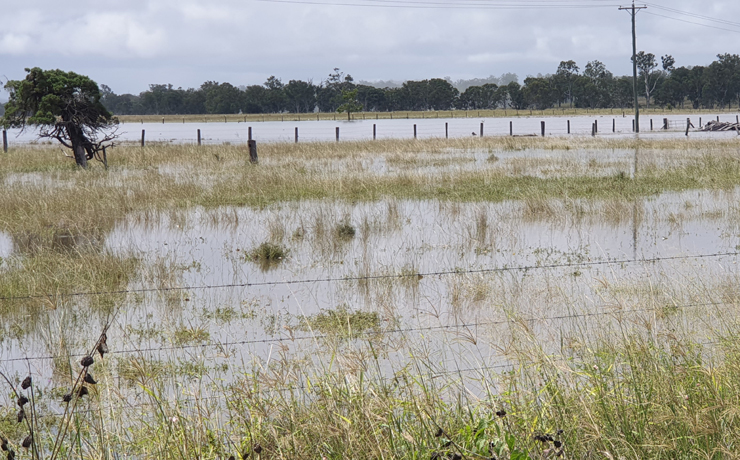
Mike Guerin (Photo: AgForce)
May 2, 2019
AgForce is deleting a decade’s worth of data collected from more than 3000 farmers during various Best Management Practice (BMP) programs to stop it falling into the hands of the State Government.
The organisation says the “Environmental Protection (Great Barrier Reef Protection Measures) and Other Legislation Amendment Bill 2019” – which could be passed as early as Thursday – would force the organisation to hand over to the State Government data which has been voluntarily submitted by farmers during the various BMP programs.
AgForce says the Bill could expose it to fines of up to $6527.50 per offence for failing to provide a farmer’s information, if requested by the State Government.
The BMP programs were developed by the rural industry to help producers benchmark their operations and identify opportunities to implement industry best practice to improve productivity and sustainability.
AgForce CEO Michael Guerin said the risk that the State Government might use data for purposes for which it was not provided, such as determining compliance with the new Reef regulations, meant AgForce had to act to protect its members.
“Given our commitment to BMP participants to protect their information, we have been left with no choice but to permanently remove this data,” Mr Guerin said.
AgForce says producers provided the data in good faith to improve on-farm practices on the understanding it would only be used for this purpose.
“The inevitable consequence is that the BMP programs, which have done so much to improve the sustainability of grazing and grain production over the past decade, and seen Queensland agriculture become a world leader, are effectively over in their current form,” Mr Guerin said.
“This is a heartbreaking outcome, because protecting the Reef, one of our international icons, and preserving the natural environment is a primary concern of agriculture.
“AgForce strongly opposed the Bill on the grounds that it won’t guarantee any benefit to the Reef in terms of water quality and is an unnecessary impost on farmers of even more red tape and expensive fines for non-compliance.”






















